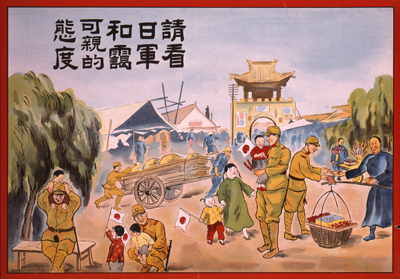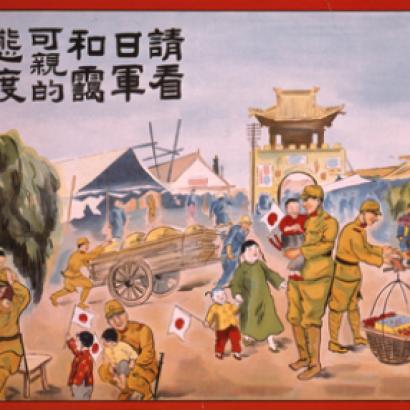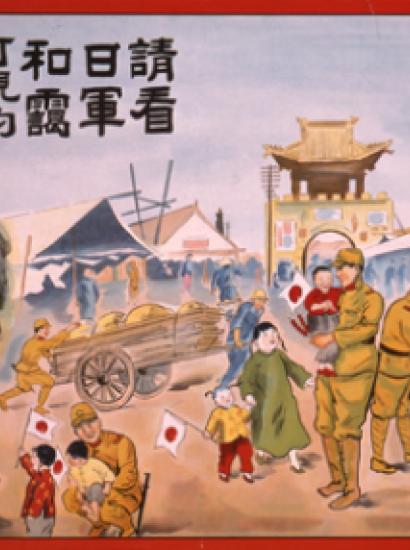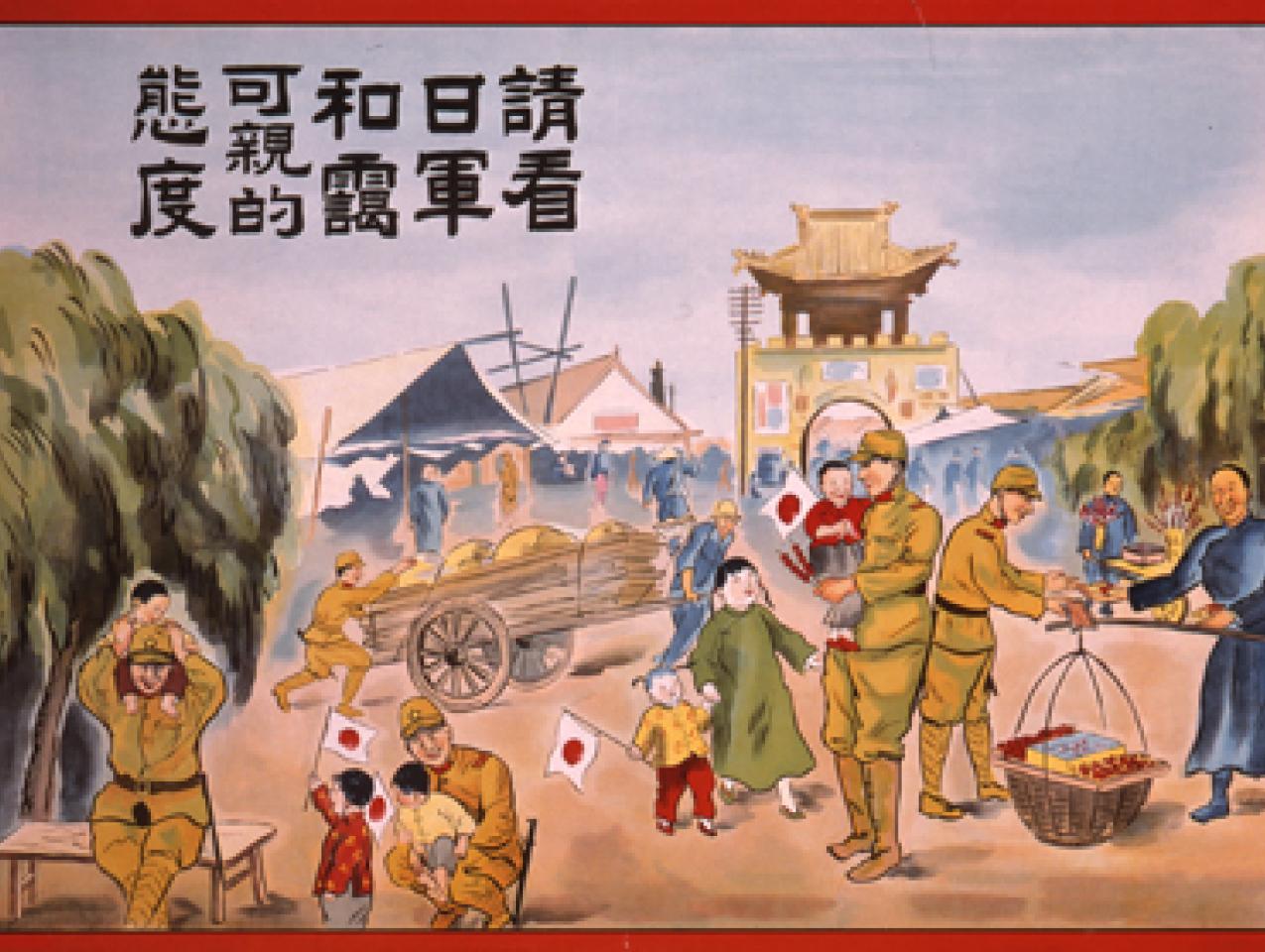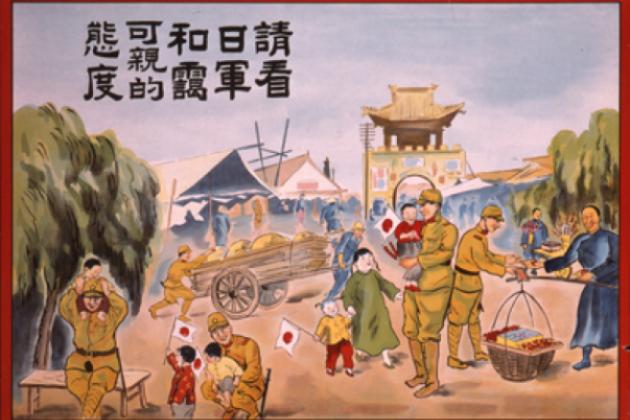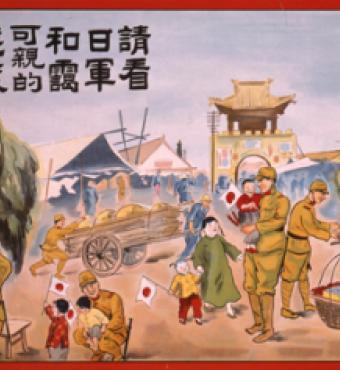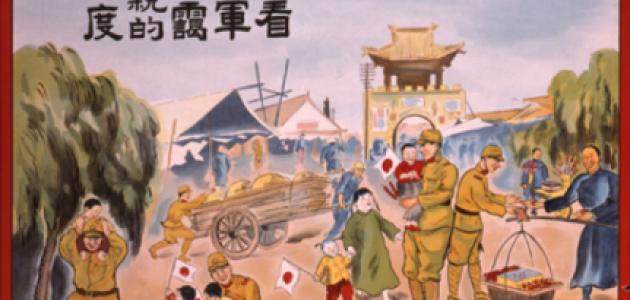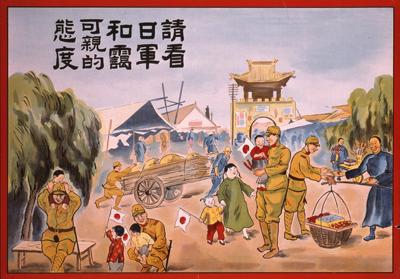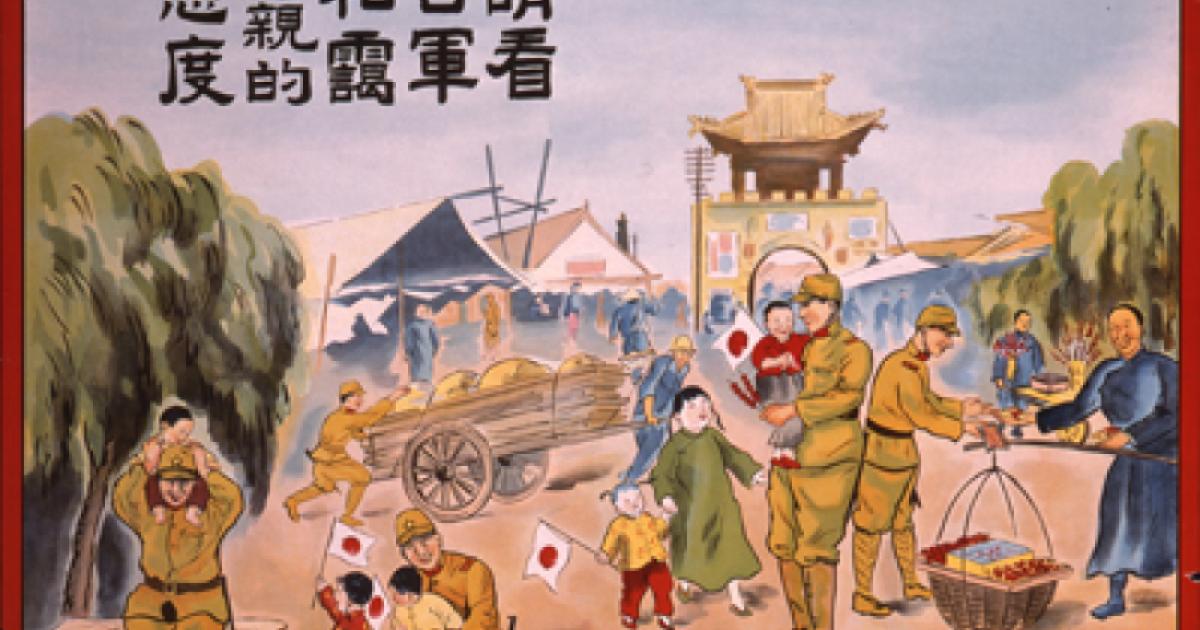- International Affairs
- US Foreign Policy
As in previous millennia of history, China’s objective for its periphery—the East Asia/Western Pacific region—is subordination of some kind or degree. Japan, being the only indigenous major power in the region, and allied formally with the United States (Russia having ceased to be an Asian power), is the main obstacle to that desired suzerainty. Removing that obstacle without war is Chinese foreign policy’s most perilous task, on which depends the success of the rest of China’s ambitions. For the past generation, Japan and China’s economic lives have depended substantially on intimate relations between themselves and with the U.S. But, as so often in history, economic interest is not stopping geopolitical and racial antagonisms from leading both nations along a trajectory of conflict.
Here is the essence of China’s Japan problem: the more China succeeds in its many-faceted efforts to separate Japan from American power, the more China isolates Japan from other countries in the region, the more China stimulates Japan to abandon its post-1945 anti-militarism and to rearm. Although Japan has but a tenth of China’s population, confronting Japan’s capacity for war, especially for nuclear weapons, is something that China absolutely wants to avoid. Hence, China’s strategy for dealing with the main obstacle to its ambitions must be like that for boiling a frog, namely to turn up the heat so imperceptibly that the frog does not leap from the pot. That is difficult, and requires an insensitive frog.
Not least of the assets that China’s strategy enjoys are: first, the racial and historical enmity against Japan that is nearly universal (Taiwan excepted) throughout the region; second, the United States’ maintenance of its alliances in the region at the same time as the U.S. empties them of material and political substance. That strategy’s chief liability is the all-too-quickly-mounting evidence of its success, magnified by China’s own truculence.
China’s approach to Korea exploits the racial and historic fundamentals in an exemplary manner. To this day, there stands a mound in Kyoto (Mimizuka) under which are buried some 100,000 noses and ears sliced from Koreans living or dead during Japan’s 1592-98 invasions of Korea. By comparison, Japan’s rape and abuse of countless Korean “comfort women” to satiate its troops during WWII looms small in the historical memory of Koreans. The Chinese, who also suffered massive Japanese atrocities between 1931 and 1945, always find both North and South Koreans eager to agree about who the common enemy is.
To South Koreans, the Chinese say: “America is not the key to the status and security you want, never mind Japan. America can’t protect you against Pyongyang’s nuclear weapons, much less help with reunification. We are the ones who can help, and we are willing to do that.” They point out the obvious: North Korea is China’s pawn. They suggest that they are willing to sacrifice that pawn for the sake of something they value far more: some form of a grand bargain. “We Chinese can undo the Democratic Republic of Korea in a way that suits everybody except the Japanese. Please come under our security umbrella. As you do so, we can make re-unification happen in a peaceful and orderly manner. All we ask is that you loosen if not cut your political-security ties with the U.S./Japan—you can keep the economic ones just as we Chinese have economic ties to these countries—and prosper more than ever. Don’t worry about the Americans because they really prefer us to Japan, and will always prefer Japan to you.”
Japan’s reaction to China’s courtship of South Korea—an economic powerhouse with the capacity for nuclear weapons—has been to try to improve its relations with the starving, primitive North. This might be less nonsensical were the North anything but the Chinese pawn that it is.
In short, while Japan worries about the shadows that China is casting on Korea as well as on the nearby Senkaku Islands and the South China Sea; and while it is annoyed at Washington’s analgesic talk about China’s peaceful rise, as well as being concerned with America’s military decline; and while all of these concerns have prompted much talk and some action about Japan taking responsibility for its own security, Japan is still in the position of the proverbial frog in the pot of warming water.
The point for us to consider is threefold. First, that water will only get hotter because nothing we can imagine is likely to turn down China’s flames. Second, no one can tell what may happen if and when the Japanese frog jumps. Third, in the unlikely event that Japan accepts the role that China is shaping for it, China indeed will live up to its own name, Zhongguo, Center Country, and the United States will face the Western Pacific coast entirely under the influence of a single power.







